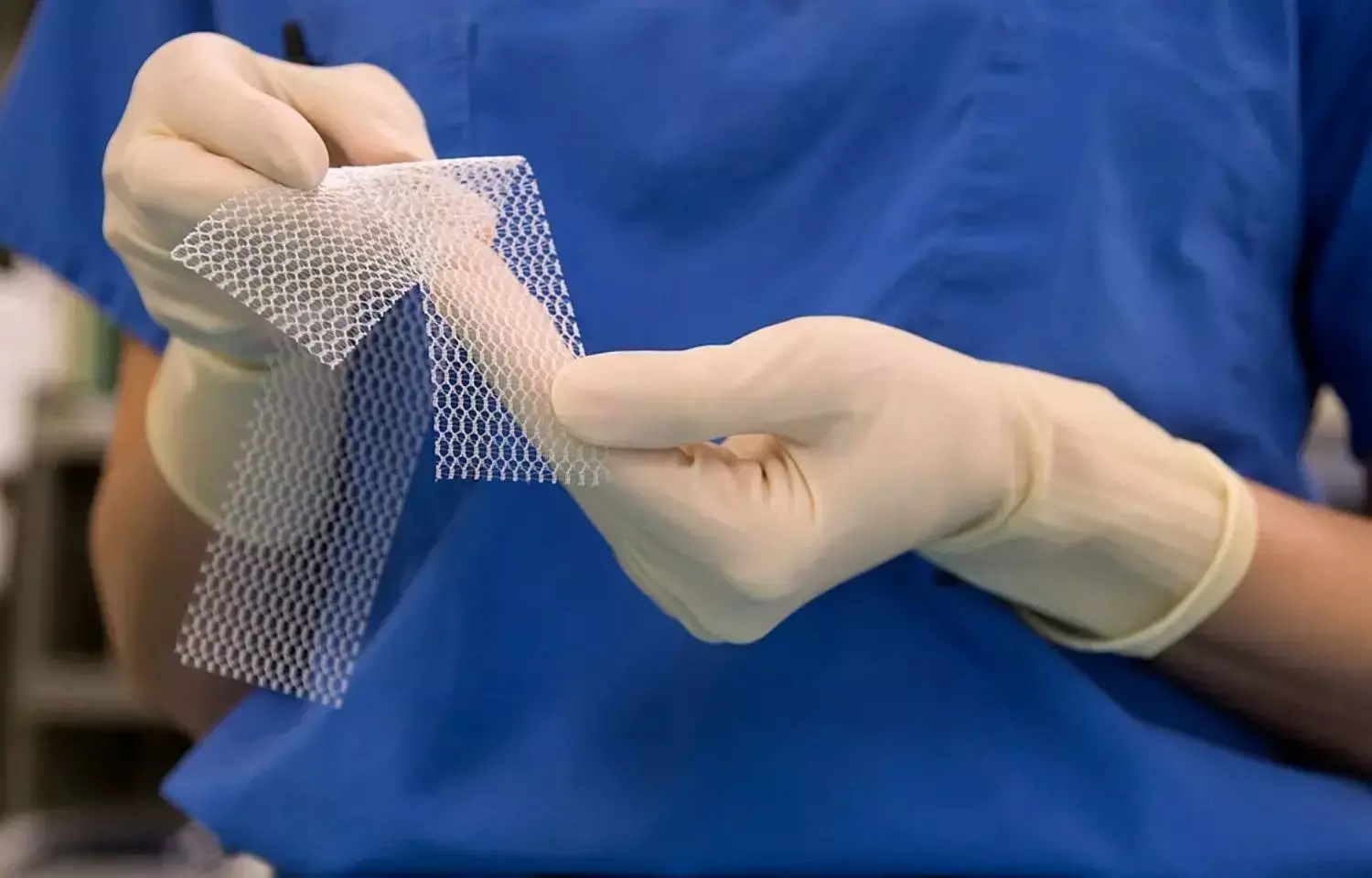- Home
- Medical news & Guidelines
- Anesthesiology
- Cardiology and CTVS
- Critical Care
- Dentistry
- Dermatology
- Diabetes and Endocrinology
- ENT
- Gastroenterology
- Medicine
- Nephrology
- Neurology
- Obstretics-Gynaecology
- Oncology
- Ophthalmology
- Orthopaedics
- Pediatrics-Neonatology
- Psychiatry
- Pulmonology
- Radiology
- Surgery
- Urology
- Laboratory Medicine
- Diet
- Nursing
- Paramedical
- Physiotherapy
- Health news
- Fact Check
- Bone Health Fact Check
- Brain Health Fact Check
- Cancer Related Fact Check
- Child Care Fact Check
- Dental and oral health fact check
- Diabetes and metabolic health fact check
- Diet and Nutrition Fact Check
- Eye and ENT Care Fact Check
- Fitness fact check
- Gut health fact check
- Heart health fact check
- Kidney health fact check
- Medical education fact check
- Men's health fact check
- Respiratory fact check
- Skin and hair care fact check
- Vaccine and Immunization fact check
- Women's health fact check
- AYUSH
- State News
- Andaman and Nicobar Islands
- Andhra Pradesh
- Arunachal Pradesh
- Assam
- Bihar
- Chandigarh
- Chattisgarh
- Dadra and Nagar Haveli
- Daman and Diu
- Delhi
- Goa
- Gujarat
- Haryana
- Himachal Pradesh
- Jammu & Kashmir
- Jharkhand
- Karnataka
- Kerala
- Ladakh
- Lakshadweep
- Madhya Pradesh
- Maharashtra
- Manipur
- Meghalaya
- Mizoram
- Nagaland
- Odisha
- Puducherry
- Punjab
- Rajasthan
- Sikkim
- Tamil Nadu
- Telangana
- Tripura
- Uttar Pradesh
- Uttrakhand
- West Bengal
- Medical Education
- Industry
Hysteropexy inferior to Manchester Procedure for Uterine Descent: JAMA

The findings published in the Journal of American Medical Association found that sacrospinous hysteropexy demonstrates inferiority compared to the Manchester procedure.
Pelvic organ prolapse, a condition in which the uterus or other organs descend into the vaginal canal, often necessitates surgical intervention. Sacrospinous hysteropexy, the prevailing uterus-preserving approach, has dominated the field. However, the older Manchester procedure still holds ground as an alternative technique. So, Enklaar Rosa and team conducted this randomized clinical trial across 26 hospitals in the Netherlands on the comparative effectiveness of two popular surgical techniques: sacrospinous hysteropexy and the Manchester procedure.
This landmark study, which involved 434 adult patients undergoing their first surgical treatment for uterine descent that did not protrude beyond the hymen, sought to address this information gap. Participants were randomly assigned to undergo either sacrospinous hysteropexy or the Manchester procedure. The primary measure of success was a composite outcome that included factors such as absence of pelvic organ prolapse beyond the hymen, absence of bothersome bulge symptoms, and no need for prolapse retreatment within two years post-operation.
The results, involving 393 participants, were noteworthy. Among those who underwent sacrospinous hysteropexy, 77.0% achieved the defined composite success outcome. In contrast, the Manchester procedure boasted a higher success rate of 87.3%. The noninferiority criterion of a 9% margin was not met by sacrospinous hysteropexy, indicating its inferiority to the Manchester procedure.
Although the results indicate a superiority of the Manchester procedure in terms of the composite outcome, it's important to note that perioperative outcomes and patient-reported outcomes did not significantly differ between the two groups during the two-year follow-up period. The study not only provides valuable insights for clinicians but also empowers women to make informed decisions about their health.
Source:
Enklaar, R. A., Schulten, S. F. M., van Eijndhoven, H. W. F., Weemhoff, M., van Leijsen, S. A. L., van der Weide, M. C., van Bavel, J., Adang, E. M. M., & Kluivers, K. B. (2023). Manchester procedure vs sacrospinous hysteropexy for treatment of uterine descent: A randomized clinical trial. JAMA: The Journal of the American Medical Association, 330(7), 626–635. https://doi.org/10.1001/jama.2023.13140
Neuroscience Masters graduate
Jacinthlyn Sylvia, a Neuroscience Master's graduate from Chennai has worked extensively in deciphering the neurobiology of cognition and motor control in aging. She also has spread-out exposure to Neurosurgery from her Bachelor’s. She is currently involved in active Neuro-Oncology research. She is an upcoming neuroscientist with a fiery passion for writing. Her news cover at Medical Dialogues feature recent discoveries and updates from the healthcare and biomedical research fields. She can be reached at editorial@medicaldialogues.in
Dr Kamal Kant Kohli-MBBS, DTCD- a chest specialist with more than 30 years of practice and a flair for writing clinical articles, Dr Kamal Kant Kohli joined Medical Dialogues as a Chief Editor of Medical News. Besides writing articles, as an editor, he proofreads and verifies all the medical content published on Medical Dialogues including those coming from journals, studies,medical conferences,guidelines etc. Email: drkohli@medicaldialogues.in. Contact no. 011-43720751


